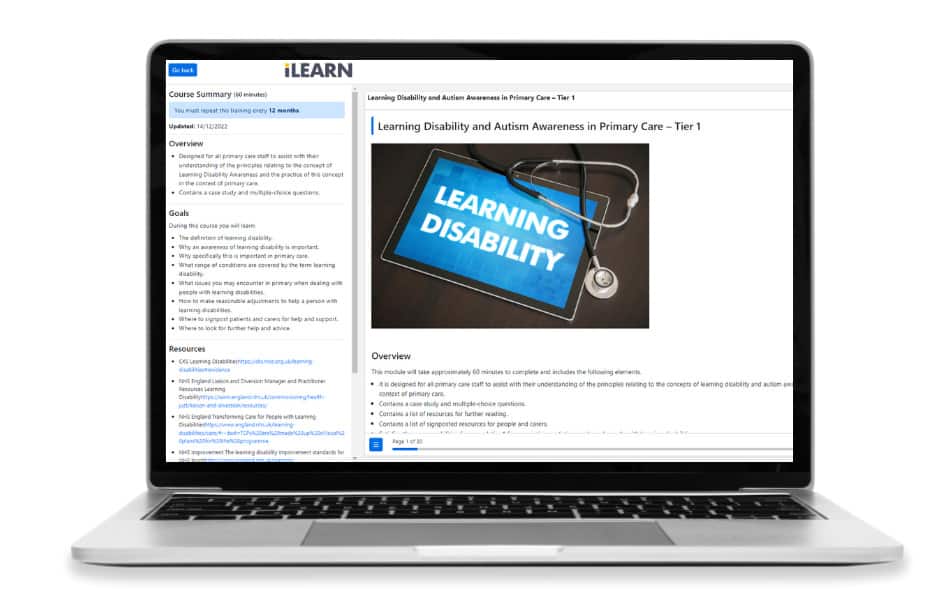Ensuring that ARRS-recruited staff members stay current with their mandatory training is a crucial aspect of delivering high-quality healthcare services within Primary Care Networks (PCNs).
Navigating Mandatory Training Responsibilities for ARRS-Recruited Staff in Primary Care Networks
Ensuring that ARRS-recruited staff members stay current with their mandatory training is a crucial aspect of delivering high-quality healthcare services within Primary Care Networks (PCNs).
The responsibilities for training compliance are often distributed among multiple parties, including the employing organisation, individual staff members, practice managers, and clinical directors.
In this blog, we discuss the various roles and responsibilities related to mandatory training for ARRS-recruited staff, highlighting the importance of collaboration and a streamlined process between all stakeholders to maintain staff competence and promote safe, effective patient care.
While the specific responsibilities for ensuring that ARRS-recruited staff are up-to-date with their mandatory training may vary based on the organisational structure and agreements in place, generally, the following parties share the responsibility:
- The employing organisation or PCN: The Primary Care Network (PCN) or the employing organisation is typically responsible for ensuring that ARRS-recruited staff receive and complete the required mandatory training. This includes identifying training needs, providing access to appropriate training programs, maintaining records, and monitoring compliance.
- Individual staff members: ARRS-recruited staff members have a personal responsibility to engage in and complete mandatory training as required by their role. They should proactively seek out training opportunities, attend scheduled sessions, and remain up-to-date with any changes in regulations or guidelines.
- Practice Managers: Practice Managers may have a role in coordinating training efforts, identifying staff members who need to complete mandatory training, and ensuring that necessary resources and support are in place.
- Clinical directors or supervisors: Clinical directors or supervisors may also have a responsibility to ensure that their ARRS-recruited staff members receive appropriate training and are competent in their roles. They may play a role in identifying training needs and providing guidance or mentorship.
It is therefore essential for all parties involved to collaborate and communicate effectively to ensure ARRS-recruited staff members receive the necessary training and maintain their competence in providing safe and effective patient care.

TeamNet: The Solution for Joined-Up HR Record Keeping
Digital tools and providers of online learning can provide access to relevant training courses, but for transient staff moving between practices, this can prove challenging for management to track and report on for CQC purposes.
With 70% of GP practices using TeamNet, the educational add-on – iLearn, can help solve this challenge. Integrated with TeamNet, iLearn provides an easy way for all staff, including those moving between practices to complete relevant training for their role and for management to report training compliance for the CQC. With a PCN licence for TeamNet, PCN management can maintain visibility of these training records, facilitating a joined-up approach between all those who share this responsibility.
In addition to training records, TeamNet provides a way for ARRS-recruited roles to move between practices and ensure their HR records move with them. TeamNet’s HR card facility securely stores details such as HR credentials, vaccination records, details of absences, HR checks and more.
So when the CQC inspector comes knocking, Practice Managers can be assured that all the information is there, and can be found in one place.
For more information about how TeamNet can support your PCN, contact us or request a quote using the buttons below.

